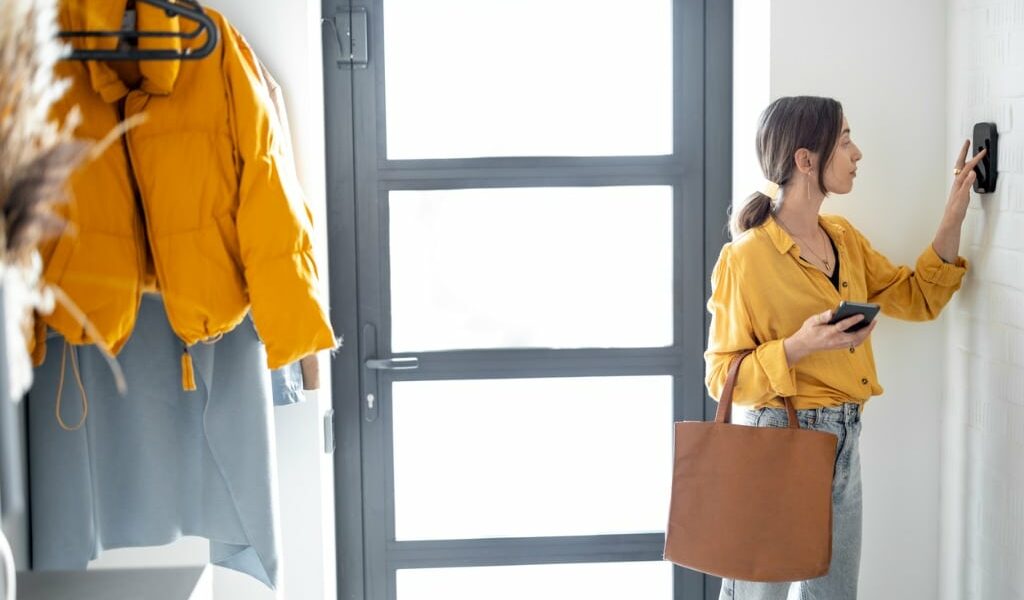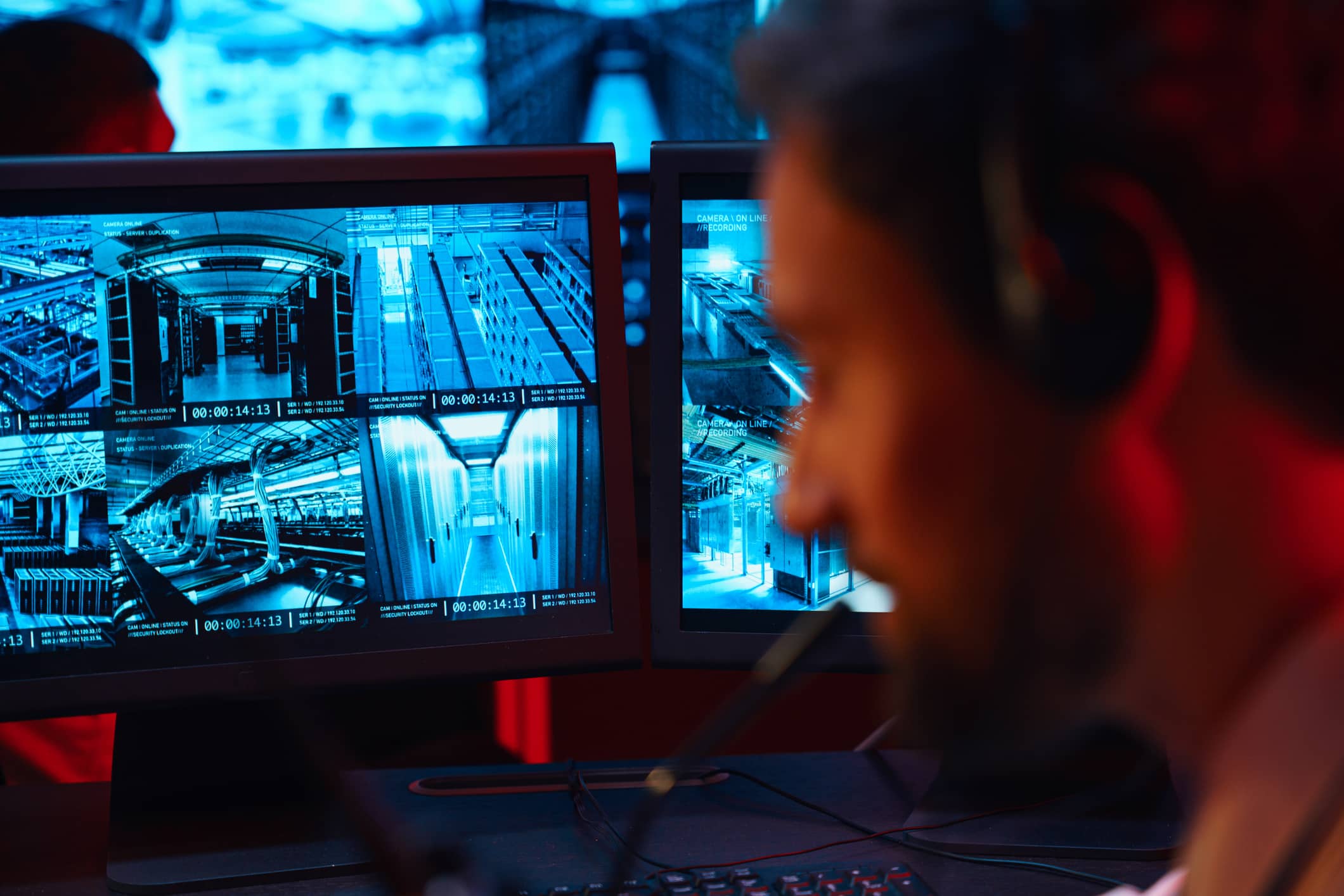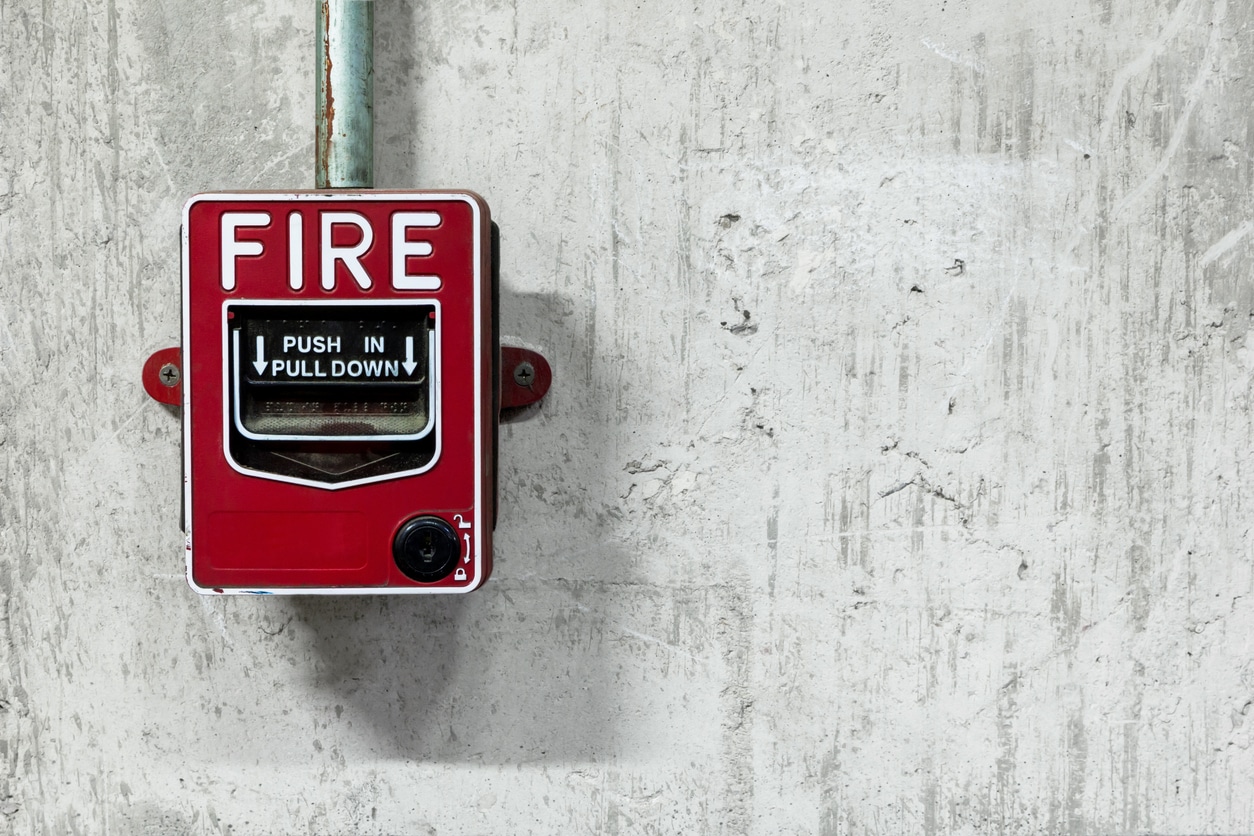Even though home security systems are more advanced than ever, they aren’t perfect. False alarms still happen. And, when they do, they are frustrating and costly for all involved. This blog post will explain why these events are such an issue, some of the top causes of false alarms on home security systems, and ways you can educate your home security customers on false alarm prevention.
Why Home Security System False Alarms Are a Problem
False alarms in a home security system aren’t just inconvenient. They can also be costly. Many jurisdictions will give a “pass” to first-time and second-time false alarm offenders. But, after that, cities, towns, or counties will probably start charging fines that cost up to $250 per occurrence.
Home security system alarms are the most frequent type of call received by emergency responders. Unfortunately, many of those calls are for false alarms. The costs for these types of calls include:
- Personnel costs for local dispatchers
- Personnel and equipment costs for police and emergency personnel
- Costs associated with delays in responding to legitimate 911 calls
Government agencies and law enforcement personnel might understand when there are one or two false alarms. But, these tend to add up over time, and the above costs may be passed on to taxpayers. At the same time, a home security company associated with too many false alarms may get a poor reputation.
Top Causes of False Alarms on Home Security Systems
The good news is that most false alarms are preventable. Here are the top causes of false alarms on home security systems so that you can help your customers keep them to a minimum.
1. Sensors Triggered by Pets
If homeowners have pets and don’t get sensors with pet-sensitivity settings, there will probably be a lot of false alarms. Specific detectors can be set to ignore animals smaller than a certain size, or homeowners can create a “safe space” for pets while they are away.
2. Low Batteries or Bad Power Source
When a security system or its sensors have low batteries or aren’t connected to a reliable power source, it can trigger alarms. Some security systems will give a “low battery” warning. But it’s a good idea to make battery changes part of regular maintenance.
3. Improper Installation
When a home security system is installed, it’s vital that all detectors and sensors are correctly aligned and that equipment is installed according to the manufacturer’s recommendations. Unfortunately, many do-it-yourself home security systems aren’t installed correctly, so they will be more prone to false alarms.
4. Doors and Windows Left Open
Doors and windows should be securely closed when the homeowner leaves. For example, the connection between the two sensors can get disrupted if there is a loose window or wind blows a curtain in front of a motion sensor.
5. Bugs and Insects
Bugs and insects in the home security system can cause it to malfunction and trigger alarms when there is no real emergency.
6. Aging Systems
Having outdated technology can lead to costly issues for homeowners. Maybe some of the connections in the sensors are no longer reliable, or there isn’t an option for real-time monitoring.
7. Falling Objects
Anything that creates movement in the home can lead to a false alarm. This can be something as simple as leaves or flowers falling off of plants to a book falling off a shelf.
8. Human Error
When a homeowner purchases a home security system, they may not take the time to fully learn about its features. For example, failing to enter the code fast enough or to respond to text messages or phone calls from the monitoring center can lead to false alarms.
How to Decrease the Number of False Alarms on Your Systems
False alarms can be an issue if you run a home security business. They not only take up unnecessary resources but can also be frustrating for your customers and impact your brand’s reputation. Here are some ways you can prevent false alarms.
1. Choose the Correct System for Each Customer
Not every burglar alarm system is appropriate for every customer. For example, a homeowner with several pets may not want a system with motion sensors that aren’t pet-friendly. Provide your customers with several options so that they get the perfect security system for their needs.
2. Teach Your Customers How to Use the System Correctly
Following the installation of the new home security system, take some time to teach your customer how to use it correctly. We mentioned in the previous section that human error is one of the most common causes of false alarms. Proper education from the onset will help prevent these errors from taking place.
3. Offering Two-Way Monitoring
Many home security systems are connected to a central monitoring system. This allows a central station to see and hear what is happening in the home as well as communicate directly with the homeowner before dispatching local authorities. Central station monitoring helps you maximize your value to your customers.
4. Use Dual Verification
Another way to reduce false alarms is by using dual verification. Once a home alarm system is activated, the central station will require an audio or visual verification from the homeowner before contacting authorities.
5. Participate in Post-Alarm Debriefing
Even with the best training and precautions, false alarms can still happen. When they do, request that your customers take part in a short debriefing so that you can both better understand why the situation occurred. This can help prevent a similar false alarm in the future.
6. Ask Them to Perform Occasional Maintenance
Ask your customers to perform occasional maintenance on their home security system. This would involve checking that all cameras, smoke detectors, motion detectors, and sensors are secure and free of any dust or debris that could trigger a false alarm.
Central Station Monitoring Can Help Prevent False Alarms
As explained above, one of the best ways to prevent false alarms is to use a reputable central station monitoring service. Quick Response is more than equipped to handle this task for your home security business.
We are a TMA Five-Diamond Certified central station with over four decades in the alarm industry. We offer 24/7 availability of our monitoring and dispatching staff. Quick Response acts as an extension of your brand to enhance its overall value and protect your reputation. Contact us today to learn more about our monitoring solutions.




